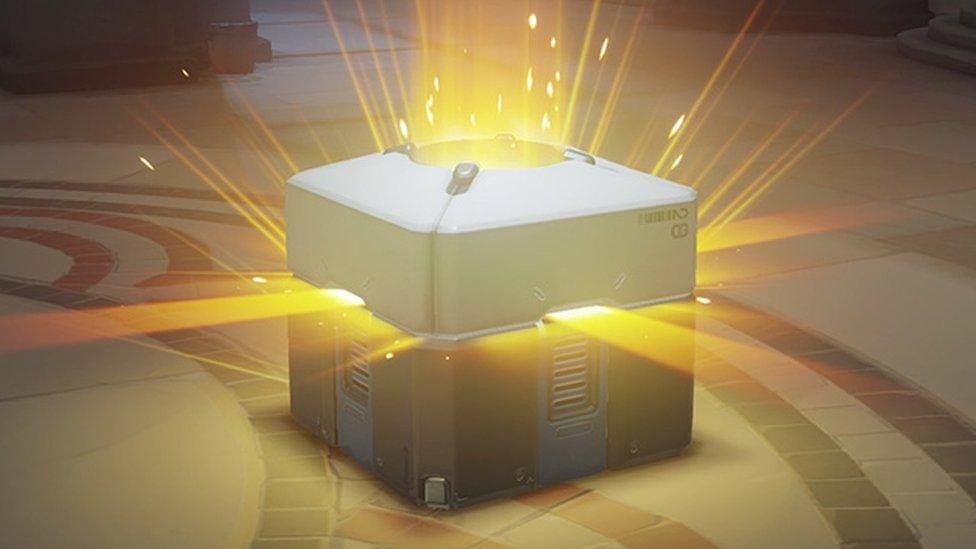Pro Evolution Soccer: Why is it changing its name and going free-to-play?
- Published
- comments
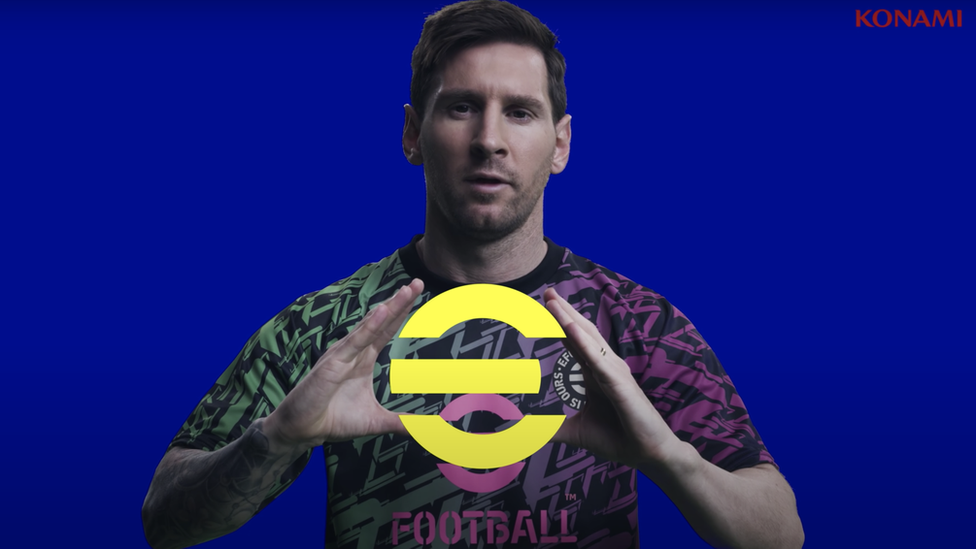
Here's some pretty huge news for all you gamers out there...
One of the biggest titans in football gaming history is being totally reinvented!
Yep, that's right, Pro Evolution Soccer (or PES for short) is soon to be renamed eFootball and will be released in the autumn.
eFootball is going digital-only, becoming free-to-play, and will be playable across new-gen and last-gen consoles, PC, and mobile.
But what does this mean? And why has this happened?!
Read on to find out.
Pro Evolution Soccer becoming eFootball
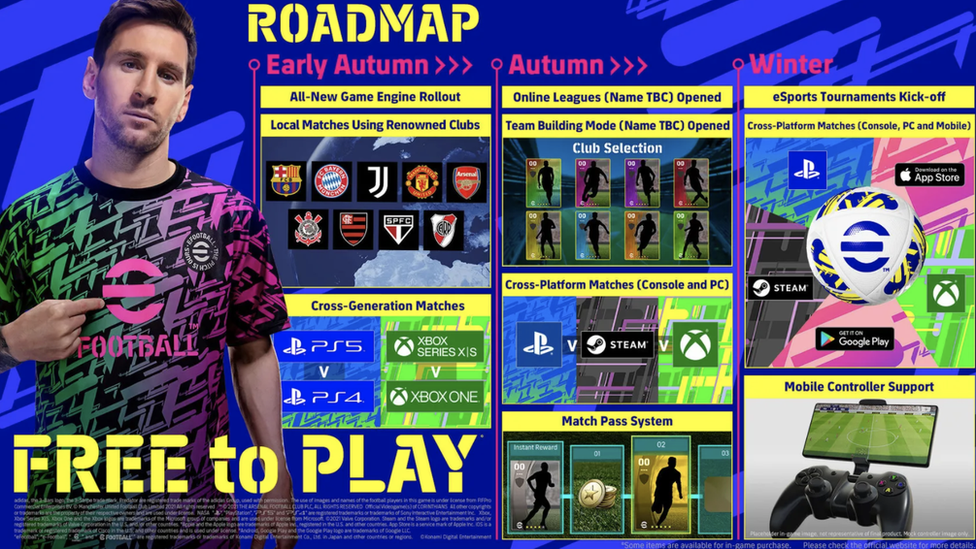
Konami released a roadmap for eFootball which showed how features will be released in stages. The game will launch in early autumn and other systems, modes, and features will be added later
Pro Evolution Soccer was first released in 1995 and people had to pay to buy the game.
It's the second biggest football video game franchise after Fifa and is developed and published by Japanese company Konami.
The game will now be free-to-play and renamed eFootball.
It will be available to play on PlayStation5, PlayStation4, Xbox Series X, Xbox Series S, Xbox One, Windows 10 (PC), Steam (PC), iOS, Android.
It will also be cross-platform, meaning PC players can take on Xbox or PS5 owners as well as people playing on iOS or Android phones.
It's a big change to one of the industry's longest-running game franchises!
Free-to-play video games are games that give players access to an amount of their content without paying.
Free-to-play is different from traditional games which need to be paid for before using them.
So, why is this happening?
PES series producer Seitaro Kimura spoke to IGN and explained that they "started planning this move roughly two years ago" in response to "the console generation transition and changes in the market."
The new game will have a lot of changes from PES - from game play and mobile versions to different controls and cross-play.
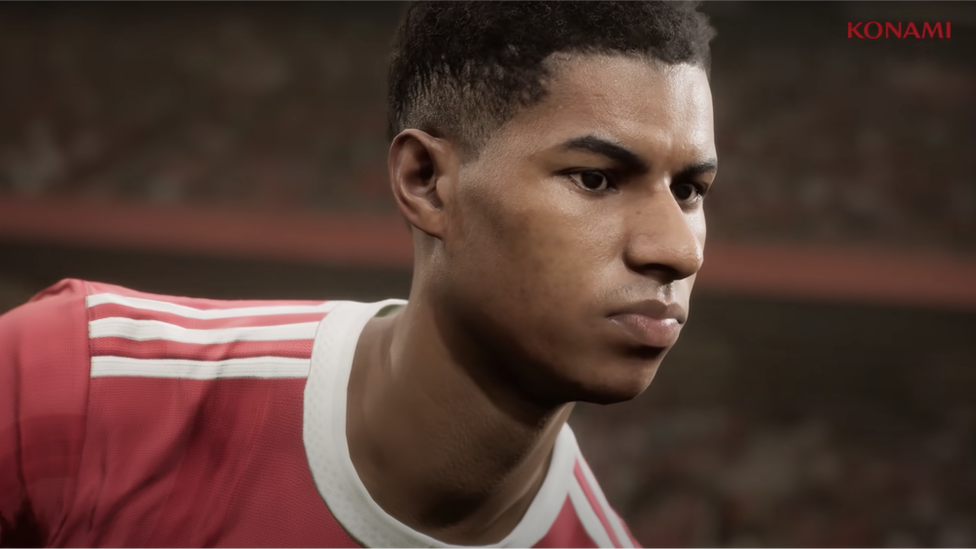
Here's eFootball's version of Marcus Rashford!
Kimura said: "We hope that football fans all over the world will enjoy the game as a completely new one rather than a simple update to what came before."
A trailer for the new game showcases the top three European clubs featured in the franchise: Manchester United, Bayern Munich, and Juventus.
Juventus is exclusive to eFootball and doesn't appear in EA Sports' Fifa series.
eFootball: Why is this a big deal?
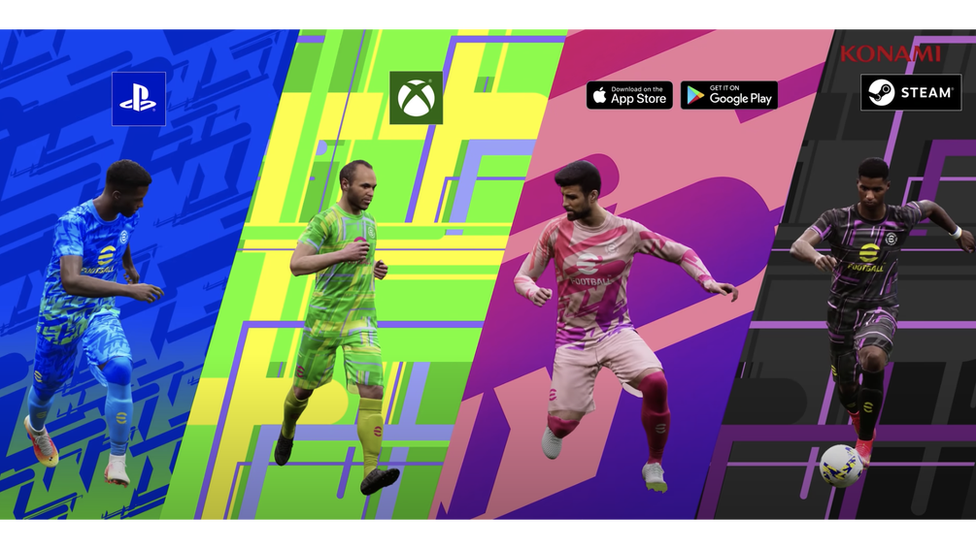
eFootball will be available across devices and consoles
The move to free-to-play is pretty huge because PES is Fifa's main competitor and both games have always been pay-to-play.
The rivalry between PES and Fifa has existed for decades and is seen as the greatest one in the history of sports video games.
Konami's decision to make a free-to-play game to stand out from Fifa has sent shockwaves across the industry, especially as EA Sports' upcoming Fifa 22 is currently priced at £59.99 on Amazon.
But, some fans are unsure if the PES rebrand will be a match for Fifa - which is listed in the Guinness World Records as the best-selling sports video game franchise in the world, selling more than a whopping 325 million copies as of 2021.
What does it mean for the industry?
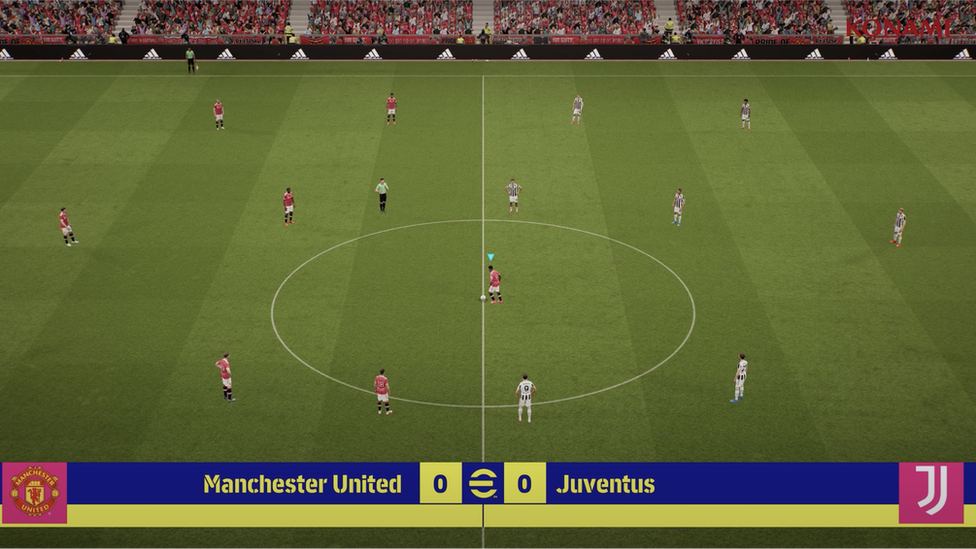
Konami is calling eFootball "an all-new football simulation platform"
eFootball will be joining the free-to-play ranks with the likes of Fortnite and Rocket League.
It's another big shift in the industry as Konami developers seek to keep users engaged with regular updates as well as yearly updates for new seasons.
Traditional pay-to-play games like Fifa are updated annually and some gamers feel this doesn't always include enough new content or meaningful updates worth the full price release every year.
Free-to-play games get around this issue with regular updates based on player feedback.
Plus, the fact that it's free is likely to attract more gamers than ever before.
So, what's the catch?
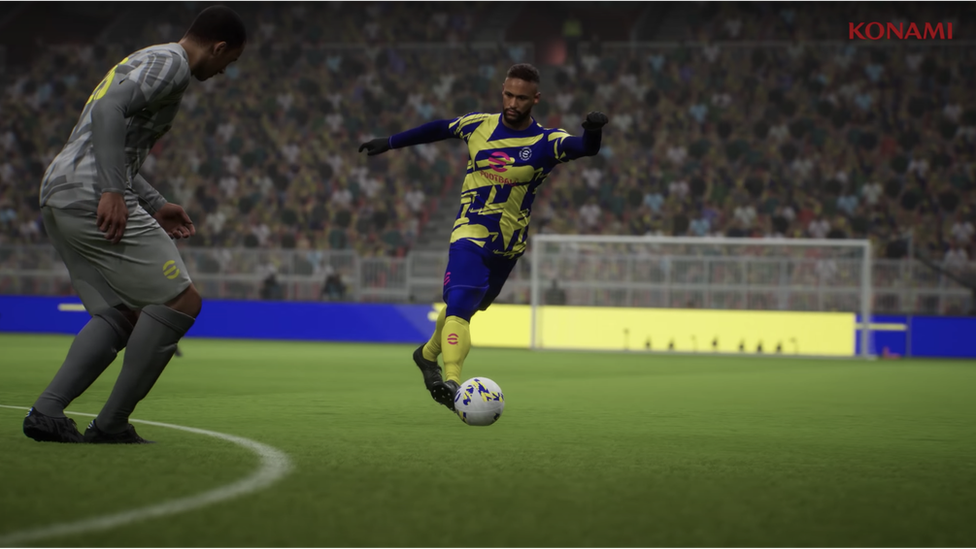
Are you in the Pro Evo or Fifa camp?!
It's always worth remembering that free-to-play games aren't always what they're made out to be!
It's likely that eFootball will follow in the footsteps of other free-to-play games and include in-game rewards like loot boxes which cost money to unlock new features.
This means the game might not have as much content compared to games like Fifa, unless you pay to unlock it within the game.
So, what do you think?! Is this the end of Fifa? Will eFootball be a success? Is it this the start of a new rivalry? Are you going to play eFootball? There's so much to talk about! We want to know your thoughts in the comments below.
- Published9 October 2020
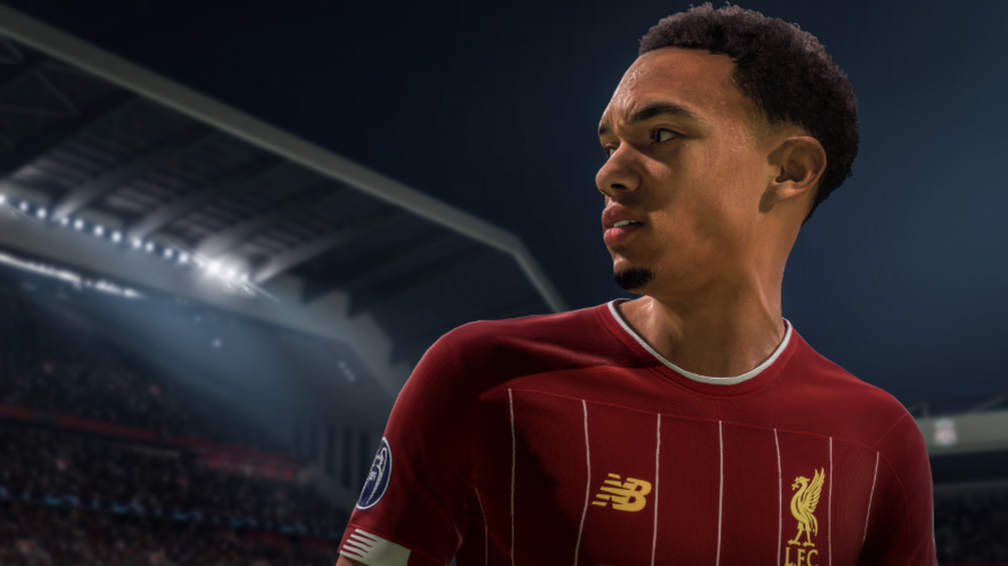
- Published18 June 2020
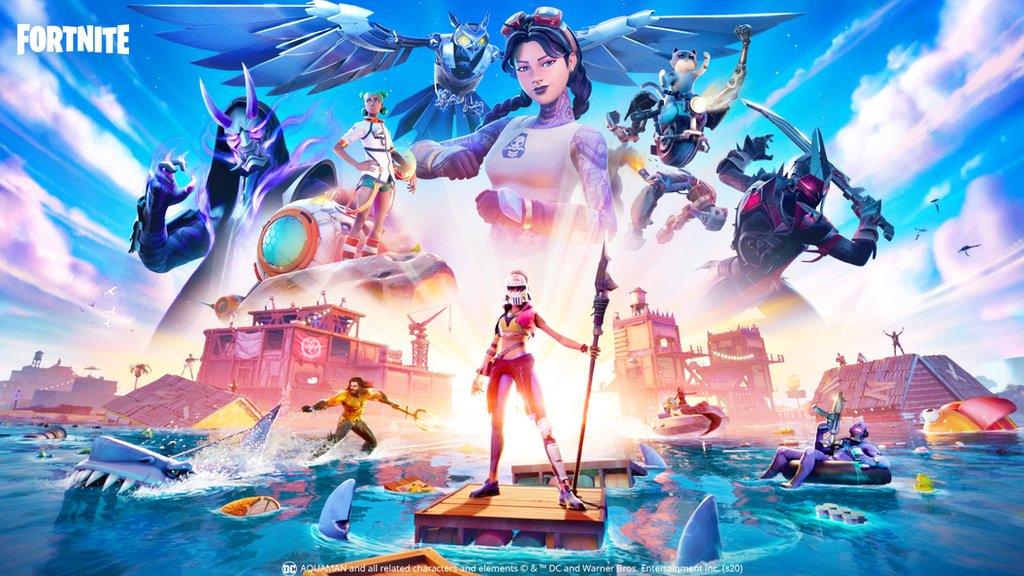
- Published10 January 2021
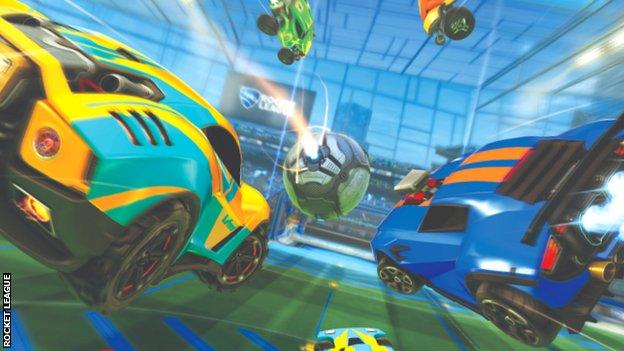
- Published21 July 2021
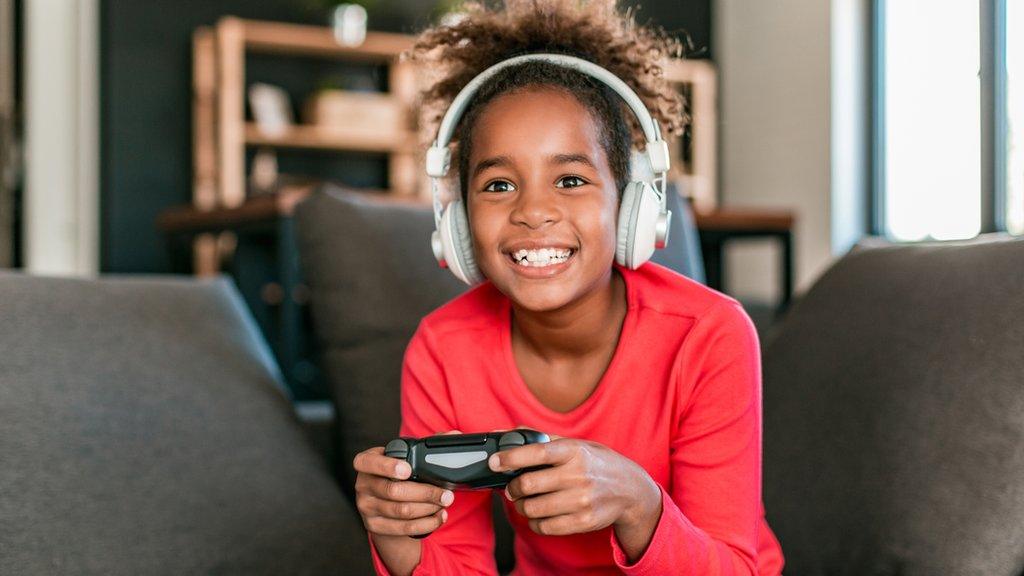
- Published12 September 2019
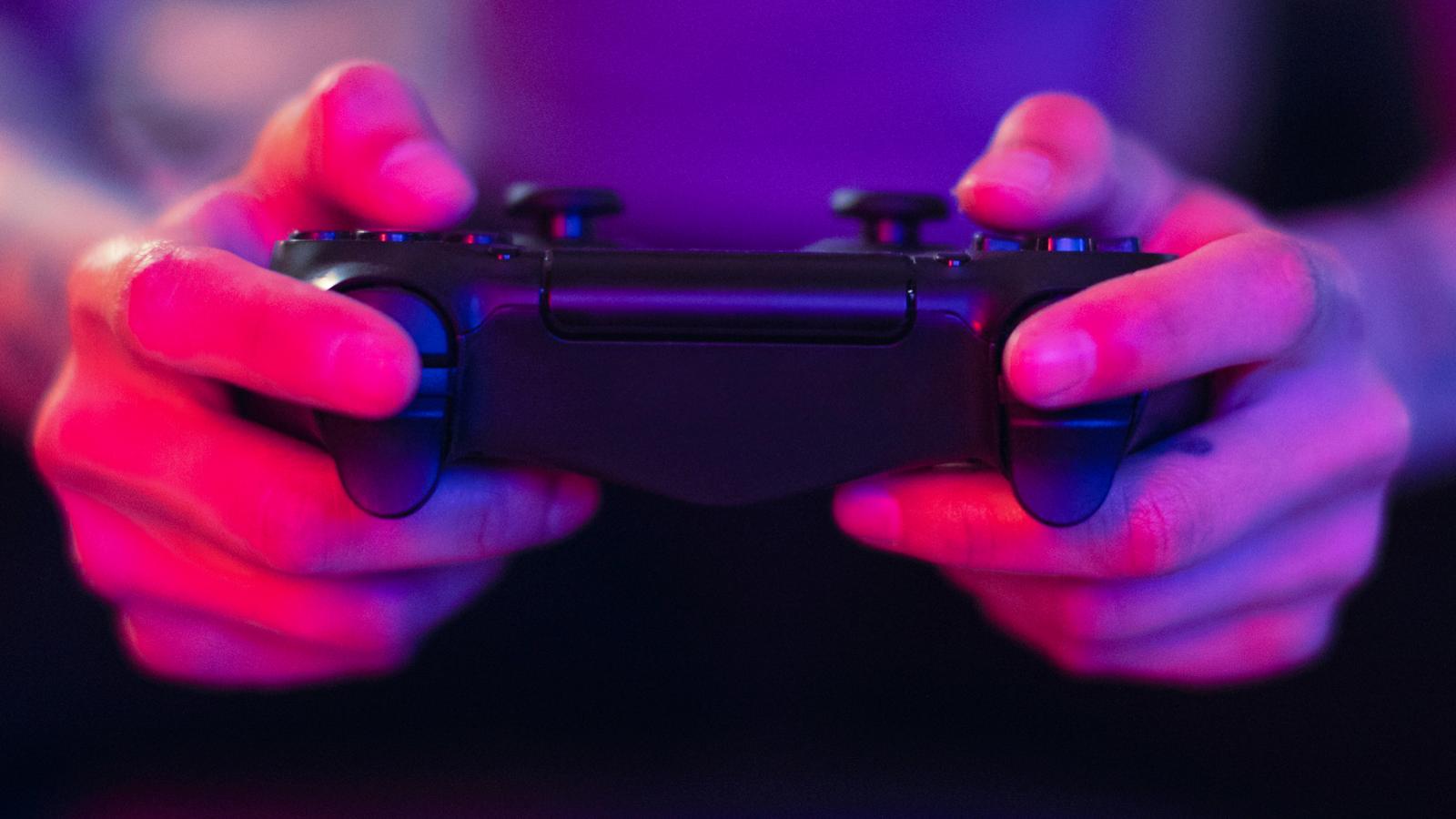
- Published22 July 2021
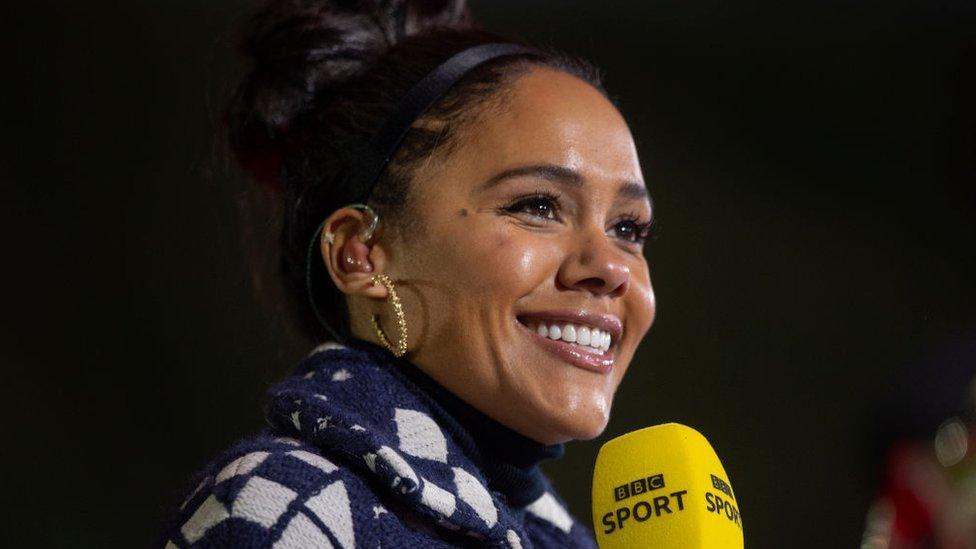
- Published24 November 2017
